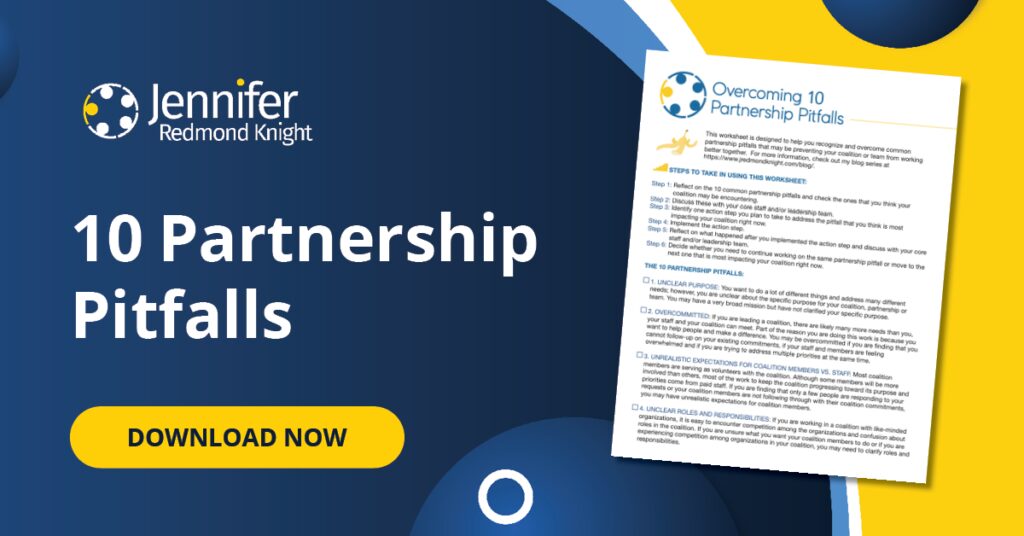When we experience relationship challenges, we often want them to be fixed immediately. While we can practice the three recommendations from last week’s post that help us repair a relationship, the process of restoring a relationship can take more time. The amount of time and work needed depends upon the foundation of the relationship prior to the conflict, the level of perceived hurt and the willingness of those involved to restore the relationship. Join me this week for three practices to apply to restoring relationships.
Be intentional
Practice humility and sincerely apologize. This takes courage, vulnerability, and is the most powerful way to repair a relationship and move toward restoration. When you are both humble and specific, you are demonstrating a willingness to restore and are building trust. When you are intentional, also be considerate of the other person’s preferences. Some people will prefer to discuss and share right away while others will need time and space to come back to the conversation. If you are unsure, practice courage again and ask the question. “Would you prefer to discuss this now or would it be better if we took some time and came back together when you are ready?” Honor and respect the preference of the person you have offended. If the person needs space and time, give it willingly. This also builds trust and demonstrates your commitment to restoring the relationship.
Be patient
Depending upon the offense or conflict and the pre-existing relationship, the restoration process may take a short or long amount of time. One of my favorite analogies from Stephen Covey’s 7 Habits of Highly Effective People is his example of the “Emotional Bank Account.” If you already have a strong existing relationship with lots of “trust deposits” then if there is an offense or conflict, the withdrawal impacts the relationship but may be restored more quickly. Alternatively, if there have been constant “trust withdrawals” in the relationship, and there is an offense or conflict, you may be in danger of “emotional bankruptcy” which will take much more time and effort to restore. Take time to put in “trust deposits” that the person will recognize as a “deposit.”
Be open
When we experience relationship challenges, one of the unintended consequences can be closing ourselves off to others. While this may be a self-protection method and may be helpful for a time during the healing process, restoration requires us to be open again. Being open is focused on a willingness to try again, to give grace, to learn from one another and practice trust-building behaviors. Being open is not sharing everything nor is it giving everything. When moving toward restoration, being open is focused on listening to others and yourself and finding a path forward that honors and respects one another.
What about you? How can you practice being intentional, patient or open in a relationship that you are trying to restore?
If you liked today’s post, you will also be interested in my free resource: 10 Partnership Pitfalls and How to Overcome Them. Download here!

Photo by Dietmar Becker on Unsplash
